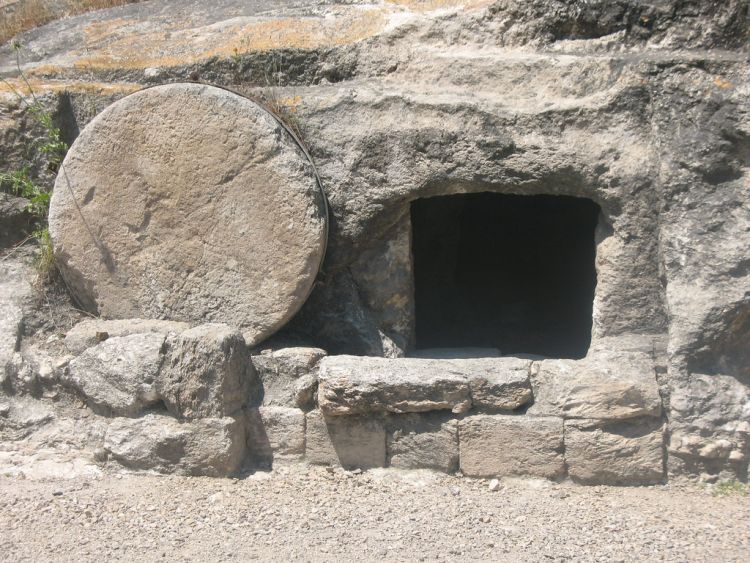
Most Christians know that King David was a man after God’s heart (1 Sam 13:14). What did that look like?
Part of the answer lies in Psalm 139. David’s cry in last two verses is remarkable.
Search me, O God, and know my heart!
Try me and know my thoughts!
And see if there be any grievous way in me,
and lead me in the way everlasting. (Psalm 139:23–24)
This is a powerful, intimate prayer. Christians would do well to pray this way.
But there’s an approach to this prayer that’s all wrong. Too many treat this prayer as self-improvement, asking God for a home inspection so you can do the patching and remodeling.
As with everything in the Bible, we need to read and pray this prayer in context.
David Knows God
David knows God, and this is evident throughout Psalm 139. What David knows about God gives him comfort, strength, and zeal. Consider what David says about God.
God has already searched and known him (v.1). David is asking God in verse 23 to do something familiar.
God knows his actions, thoughts, and words (vv.2–4). God knows David’s thoughts and his words before they’re spoken. God’s knowledge is overwhelming (v.5).
God is everywhere (v.7). David cannot escape God’s Spirit or his presence. Day or night—the darkness makes no difference to God (vv.11–12). And God is not coolly studying David; he is leading and holding David with his hand (v.10). David enjoys God’s love in addition to his knowledge and presence.
God made him (vv.13–15). God knit and intricately wove David together inside his mother. Think of the detail and care in those words!
God knows all his days (v.16). Before David’s birth, God knew not just the number of his days but the days themselves.
God shares his thoughts with David (vv.17–18). David knows that God’s thoughts are numerous, and precious.
God provides his presence (v.18). After awaking from pondering God’s thoughts, David is cheered and comforted by God’s faithful, ongoing presence.
God can slay the wicked (vv.19–22). David appeals to God’s power, authority, and justice.
The Gospel in Psalm 139
The thought of God searching us can be terrifying. Maybe you imagine a blinding, prison-yard spotlight, sweeping across the grounds, leaving nothing hidden.
But, for God’s children, this isn’t the right image. David has already been searched and known by God. Because God is merciful, God’s hand on David is “wonderful” (v.6). If a sinner calls the hand of a holy God upon him wonderful, there’s only one explanation: this hand belongs to a father, not a jailer.
David knows the evil in his heart that rises against God.
For my iniquities have gone over my head;
like a heavy burden, they are too heavy for me. (Psalm 38:4)
But, by faith, David also knows that his sin has been forgiven.
Purge me with hyssop, and I shall be clean;
wash me, and I shall be whiter than snow. (Psalm 51:7)
Because David is God’s child, the searching of God is for the purpose of discipline and holiness, not judgment and punishment.
Let’s Pray
So, let’s pray Psalm 139:23–24. But let’s pray it in context.
We’re not praying for self-improvement. Christians have given up on the idea that we can improve ourselves.
We’re not praying for purity so we can get closer to God. In the life, death, and resurrection of Jesus, and by the gift of faith, God has already brought us near to him! No work or repentance of our own could accomplish any more.
Let’s pray this psalm because we are beloved children of God, and his faithful love compels us to repent of all that offends him. Let’s pray because we need the knowledge of God and the work of the Holy Spirit; our self-knowledge is inadequate and incomplete and so often inaccurate.
Let’s pray this psalm because we trust God not only to show us our sin, but to “lead [us] in the way everlasting.” God won’t simply point the way down the proper path, but he’ll take our hand and walk with us.
Search me, O God, and know my heart!
Try me and know my thoughts!
And see if there be any grievous way in me,
and lead me in the way everlasting. (Psalm 139:23–24)

